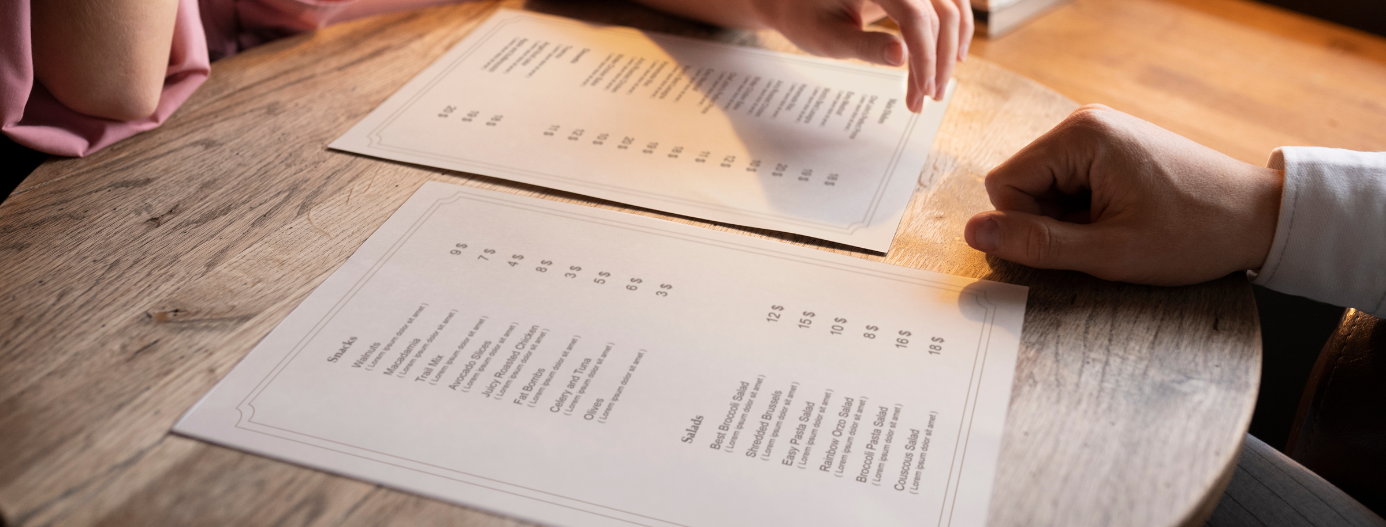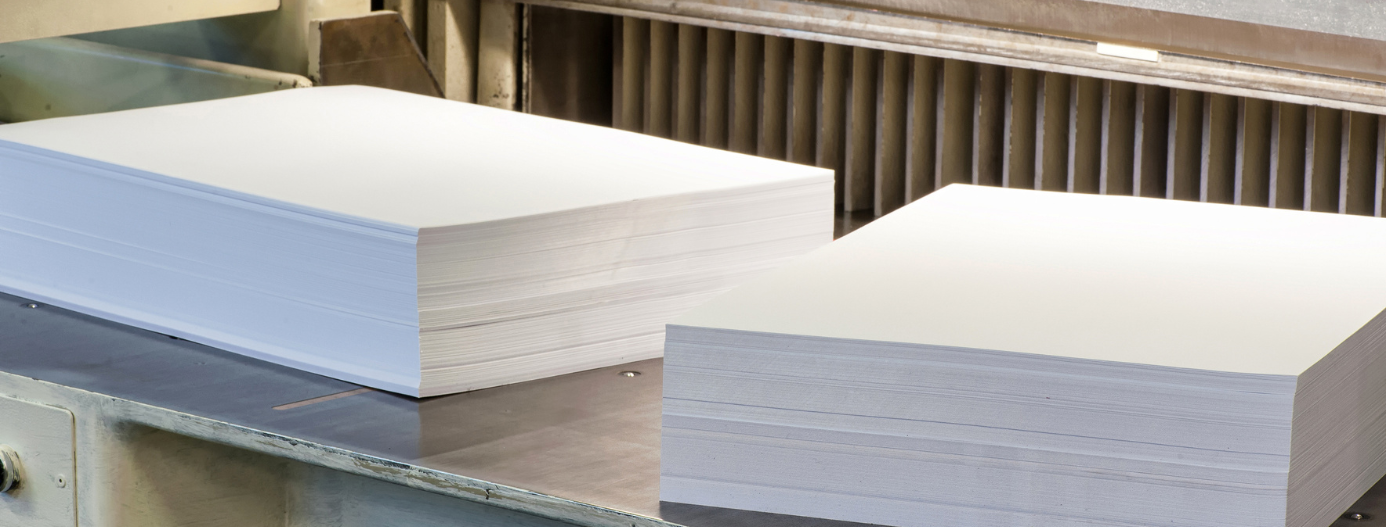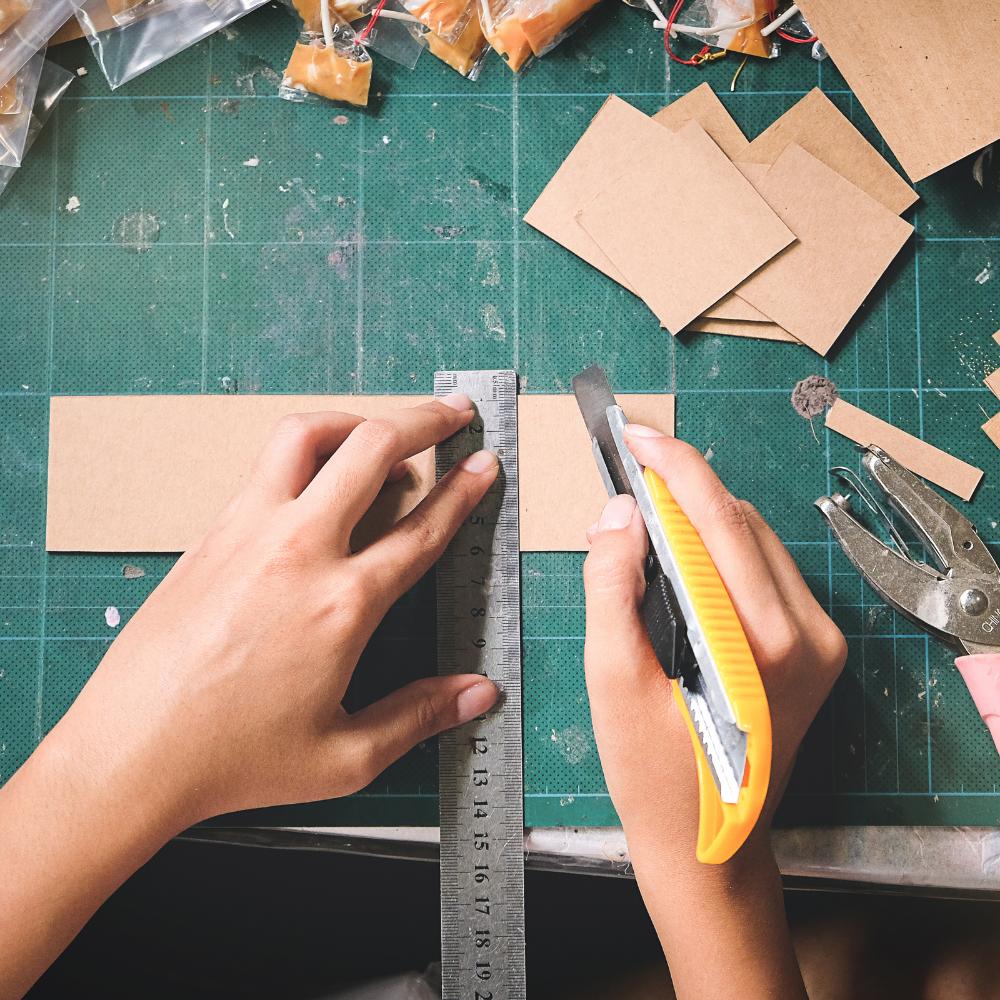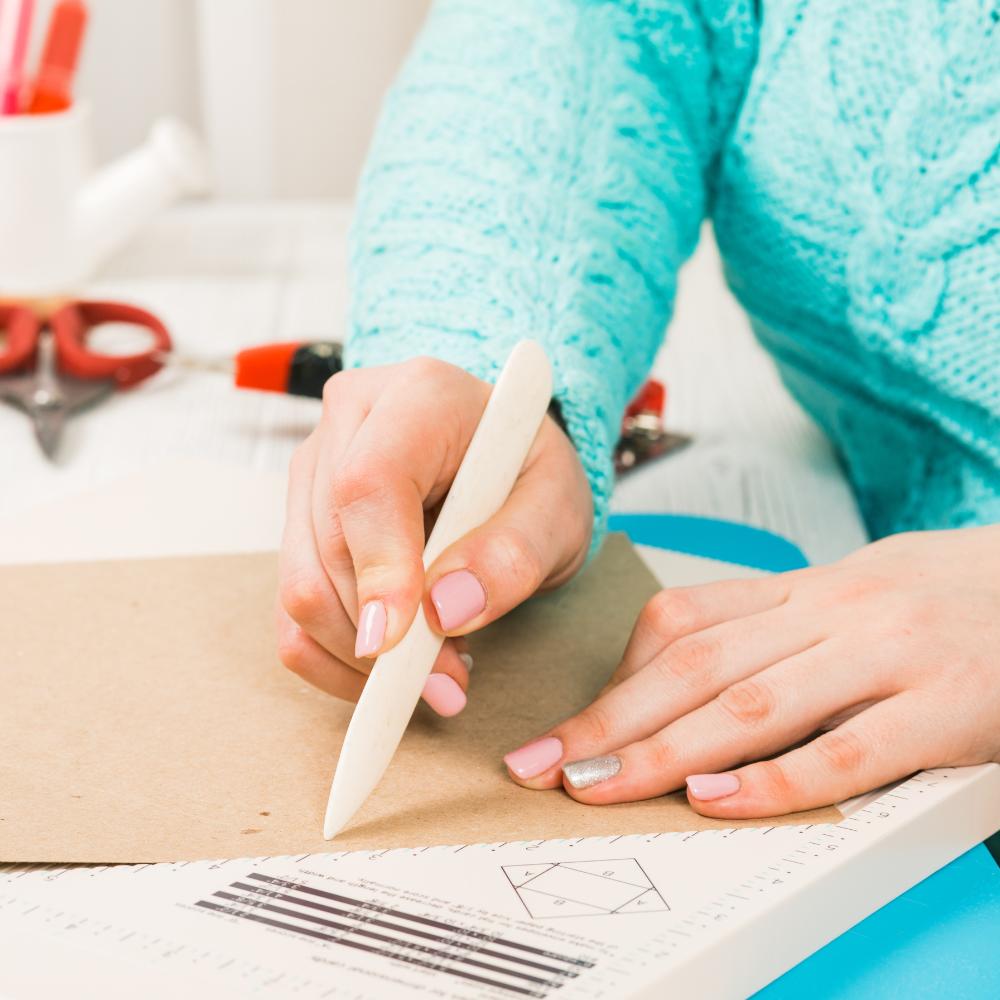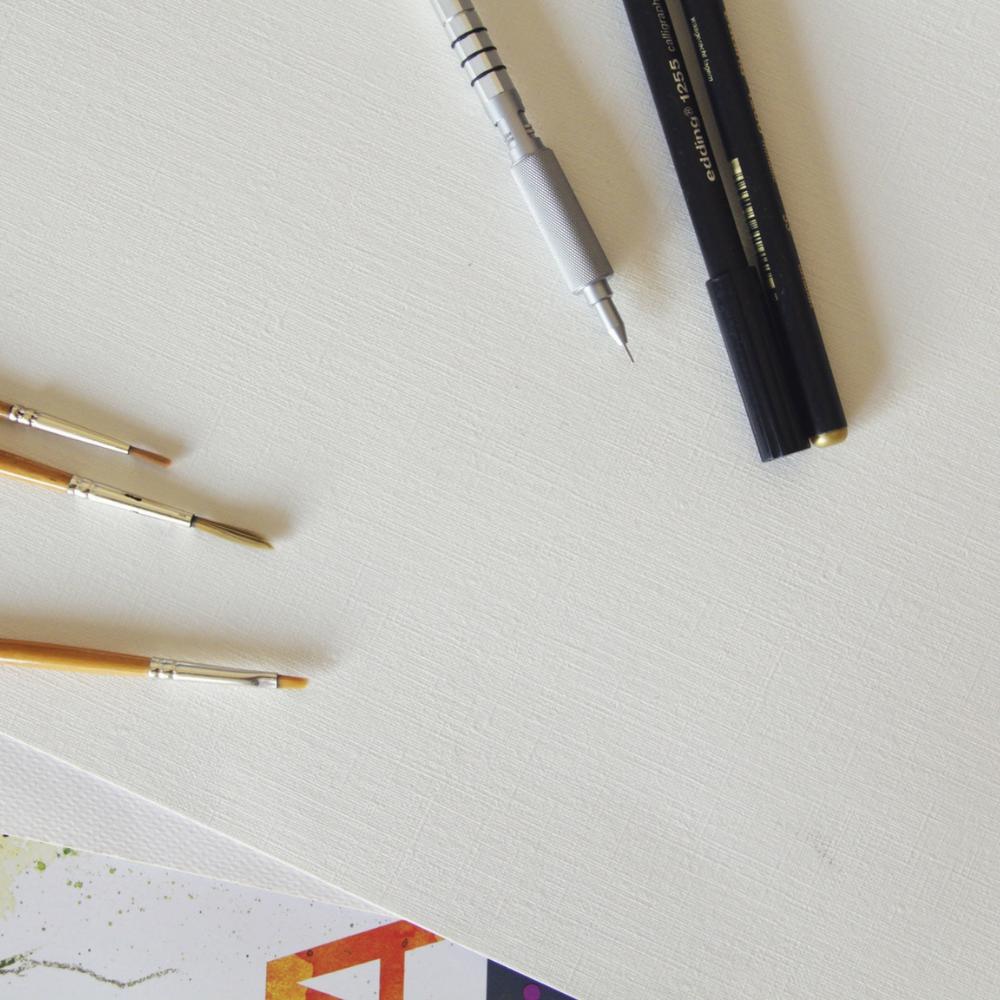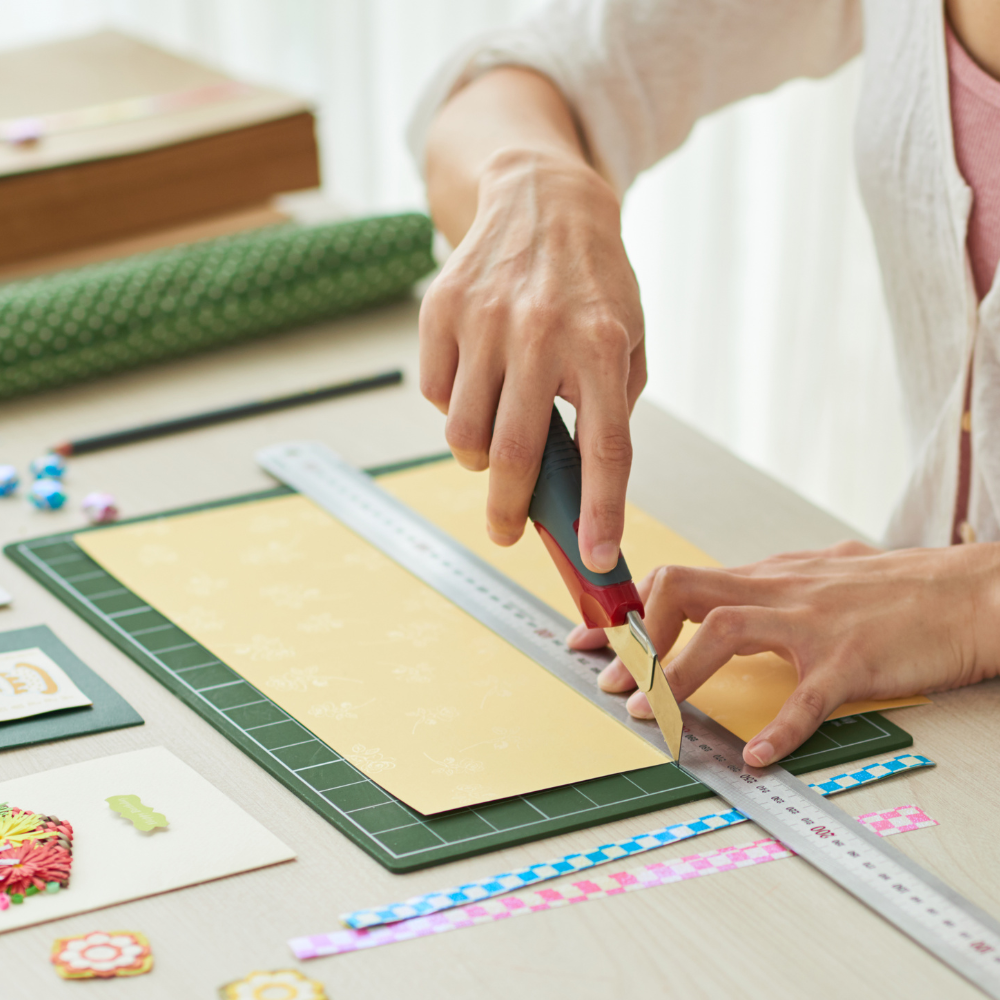How Sustainable Is Your Paper?
Ever since the topic of sustainability and having an eco-friendly lifestyle has come up do you find yourself looking at every aspect of your life and check whether it is sustainable? Especially when we are much better aware at this point of our lives of exactly how each of our contribution is necessary for a fulfilling future for the upcoming generations.
Do you also look at the amount of paper that you use around the house and wonder if it is just the same, sustainable or not? Even though we understand that paper is all around us in many forms, we are now required to be mindful of our choices and practices surrounding paper to know whether paper remains a sustainable product or not.
At ThunderBolt paper, we are always trying hard every day to make sure that we source our paper from ethically relevant sources and remain eco-friendly. And this article can help you understand if your paper is sustainable too.
Is paper an environmentally sustainable material?
Paper is made from trees, which is very evidently and without a doubt a renewable resource. So even if paper is sourced from a natural occurring resource, it is very easy to replenish the trees cut down by planting the same amount or even more than needed.
The need for paper products is increasing day by day, against all predictions. The amount of art, craft and learning is still very much complementary to paper, and may appear to remain the same for many years to come.
So as long as paper manufacturers and all of us, are mindful and responsible to keep replenishing forests, it can actually help the environment while sustainably sourcing paper for every possible paper need.
On top of that, almost all kinds of paper are endlessly recyclable and biodegradable, which makes paper an ultimate sustainable product.
Recycled paper the same as sustainable paper?
To manage the amount of paper needs that we have, a lot of paper is sourced by recycling the post consumer paper waste. By choosing to recycle paper waste, we can help in fulfilling our own paper needs.
Paper can be reused, repurposed and recycled many times. There are certain kinds of paper which might need to add a certain amount of virgin paper to it to improve quality, but still the recycled paper is the most sustainable kind of paper.
Recycled paper has a low carbon footprint and lower environmental impact. If we are able to switch to recycled paper, we can reduce the stress on trees and forests to compensate for paper needs. This can also be achieved by switching to alternative sources of paper too.
Are there any sustainable paper choices?
Even though almost all kinds of paper is a fairly sustainable choice, we could still make better choices by replacing paper made from trees with paper made from other sources. By doing so, we can reduce the pressure on trees to be used for paper manufacturing and let the forests remain as part of the ecosystem and environment for our as well as future generations. Here are a few alternatives to conventional paper.
Recycled cardboard/chipboard paper
Made almost entirely from recycled paper, recycled cardboard is already fulfilling the endless packaging demands of the world. Chipboard paper is a strong paper also made from pressed paper pulp sourced from post consumer paper waste, suitable for packaging as well as art or craft.
Paper made from plant by products
Trees can take a long time to grow and mature for producing paper, while other plant alternatives such as bamboo or hemp may be comparatively quicker to grow.
Paper can also be made from plant by products, such as mulberry tree bark, coffee husk seaweed or even stone.
Paper sourced from Herbivores feces
Many plant-eating animals or herbivores' feces is also being used efficiently to create sustainable paper. Paper made from elephant feces has been popular lately.
Finally, it does come to you and your intentions to live a sustainable life, assuming the responsibility of keeping the planet and natural resources available for the future generations. So the more you educate yourself, the more you learn not just about paper but other aspects of your life that can affect the environment directly or indirectly. Have you tried a sustainable paper or any sustainable practices?


